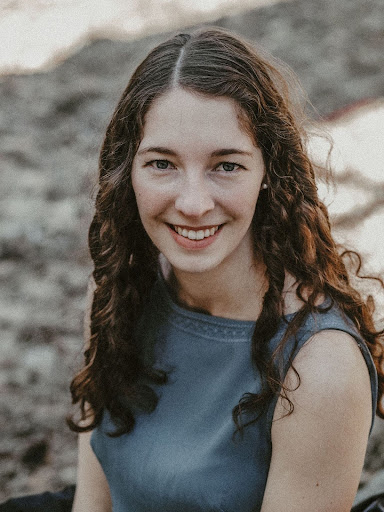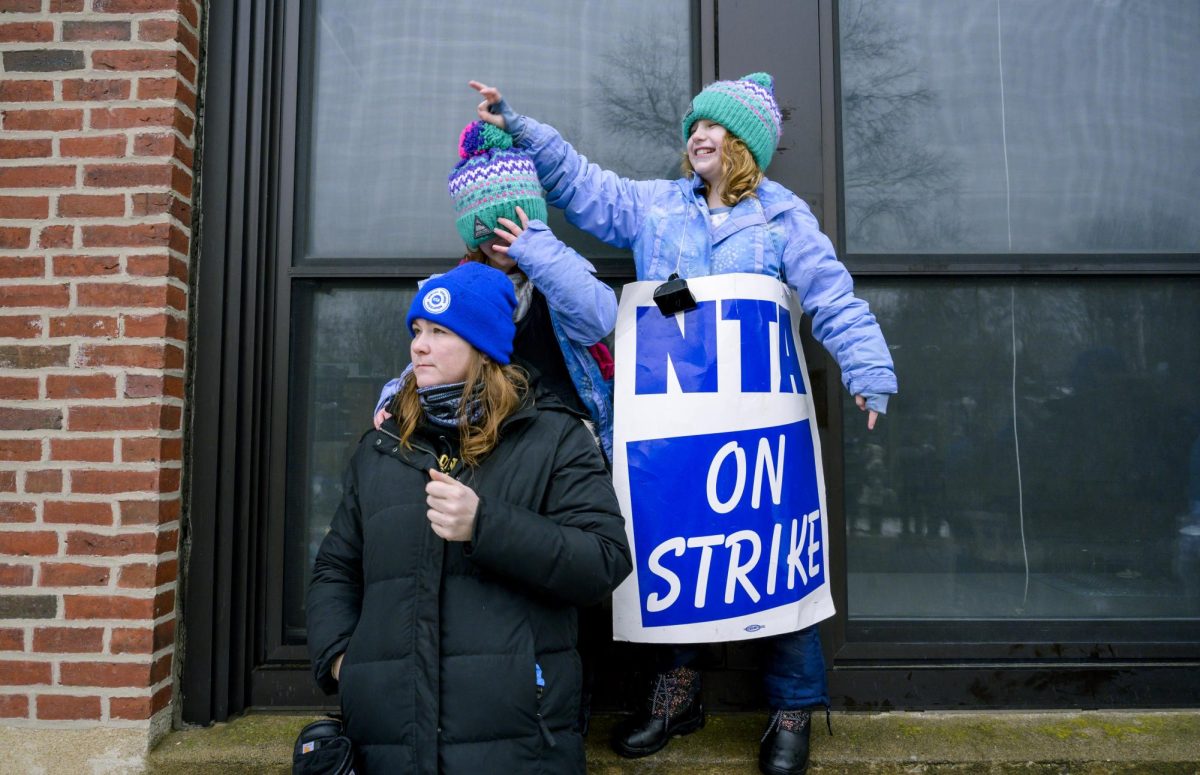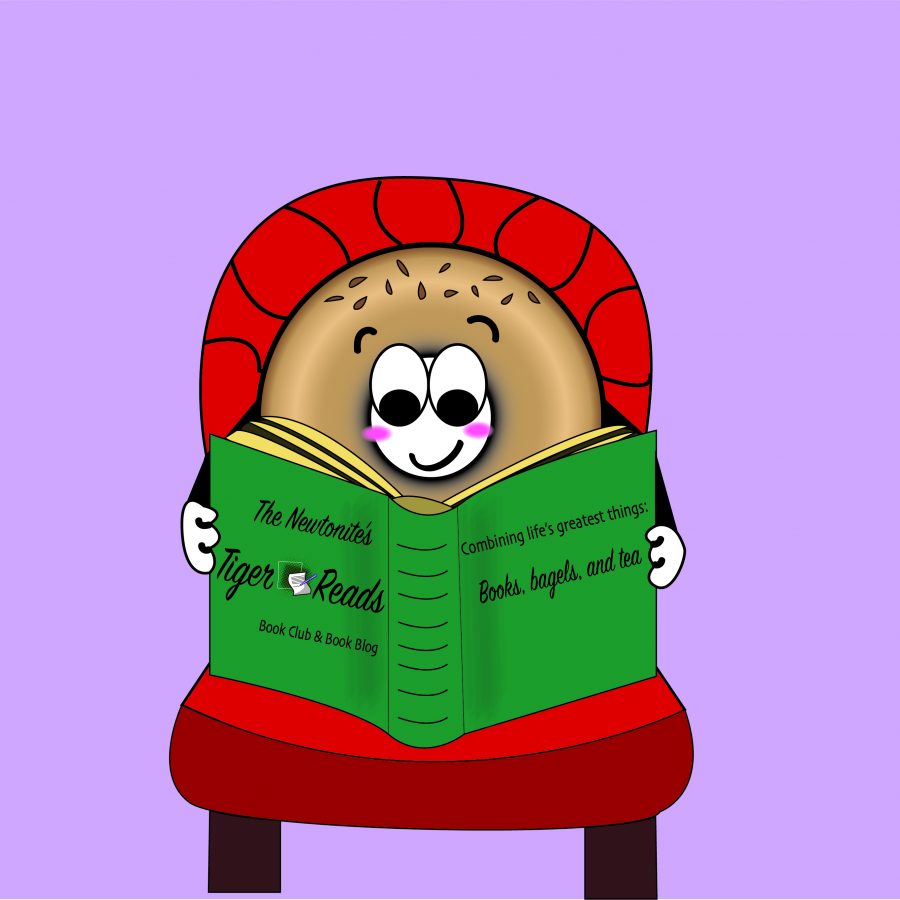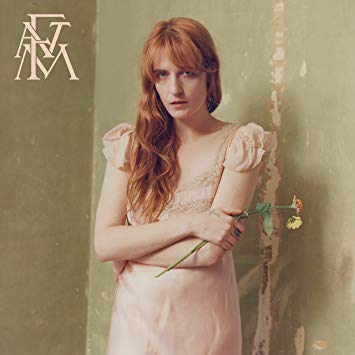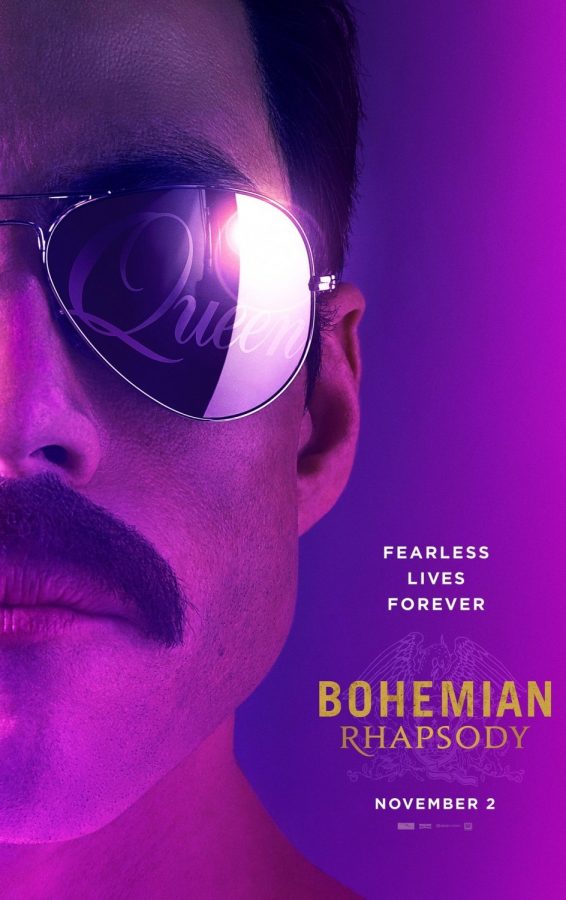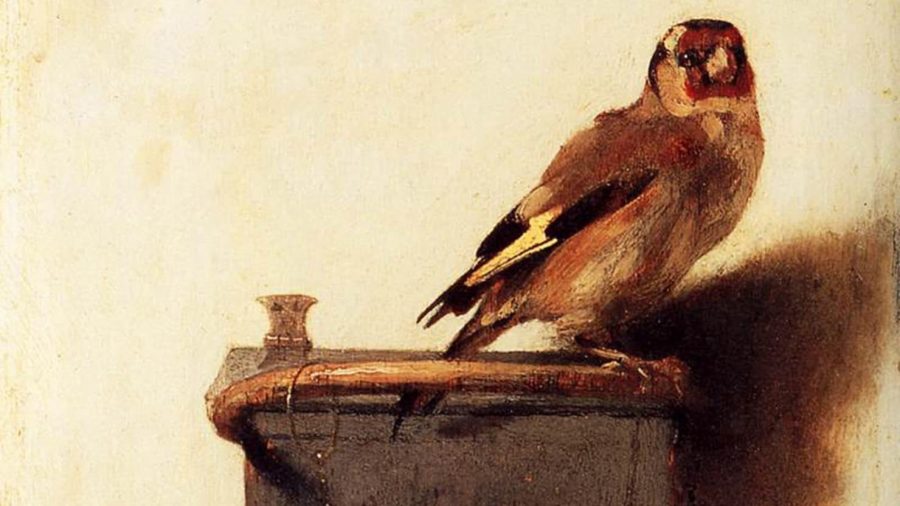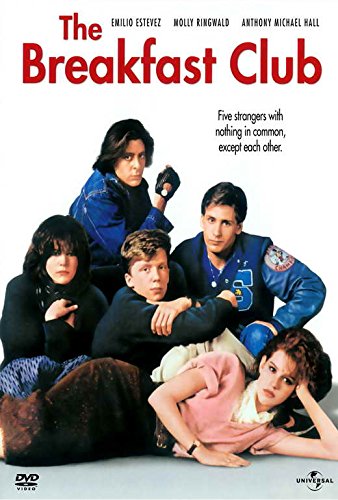by Peter Diamond
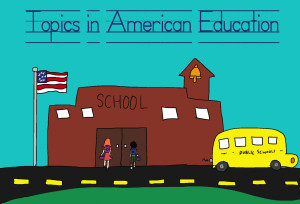
Several weeks ago, an advertisement appeared in several local publications, such as the Newton Tab and the Boston section of the Metro. The headline asks the question, “What are Newton students really learning?” and the text goes on to ask the reader, “Why have Newton students Been ‘learning’ from textbooks that demonize Israel & America while glorifying Islam?” Above a list of so-called “offensive teaching materials,” the advertisement says that superintendent David Fleishman (misspelled as “Fleischman”) and school committee member Matt Hills “have justified using. . . biased texts in the name of global understanding and critical thinking skills.”
And that’s what the most challenging and important resources are supposed to do. Unlike the vocal publicist who created these advertisements, I don’t deem such a practice negative. If Open Newton Schools deems these resources biased or inaccurate, its advocates are only identifying more reasons tha such sources belong in the classroom. From just a quick peek at that advertisement, the reader will see that Open Newton Schools is guilty of a variety gaps in understanding and biases of its own.
South parent Tony Pagliuso was upset two years ago when his daughter brought home an article from her freshman history class that came from The Arab World Studies Notebook, a book of academic writing by Audrey Shabbas that includes articles and commentary on the Arab world. This particular article stated that Israeli soldiers have been responsible for the torture of Palestinian women.
Disturbed, Pagliuso expressed his concern to members of the school committee, superintendent David Fleishman, and mayor Setti Warren. In general, these Newton school authorities responded by saying that they saw no issue with using sources such as The Arab World Studies Notebook when studying Islam and the Arab world, a response that left Pagliuso unsatisfied. Two years later, his organization Open Newton Schools is now active and linked to Americans for Peace and Tolerance, an organization that, despite its title, is notorious for sacrificing educational integrity for the sake of its own biases.
The names of the organizations listed at the bottom of the ad present a humorous irony. Under normal circumstances, I’d imagine that organizations called Open Newton Schools and Americans for Peace and Tolerance would acknowledge the value of controversy of sources in the teaching of history.
These organizations’ ill-informed efforts are, in part, a response to a lack of knowledge of the history education experience that we get in Newton’s public high schools, so I’d be glad to share some of my own experiences as a student in the Newton schools.
Freshman world history is a primarily objective curriculum, one in which students study major religions and early roots of modern cultures through textbook readings and lectures, with occasional unit-specific sources to supplement. But first and foremost, freshmen receive an objective, seemingly dry take (courtesy of the textbook Human Legacy by Steven A. Goldberg, Susan Ramirez, Peter Stearns, and Sam Wineburg) as to ensure that students understand unfamiliar religions that may be unfamiliar to them at a basic level, hopefully with the goal of providing a basis for enlightening debate and discussion.
But in order to lift students from a level of taking notes from a textbook to a level of intellectual challenge, sources such as The Arab World Notebook are necessary. Whether I personally believe the claims made in The Arab World Notebook is irrelevant. Either way, such sources deserve to be taught. As members of a community that promotes challenging course material and critical thinking, we should explore the value of gathering information and developing our own ideas by reading a variety of sources with a variety of biases; just about any history teacher will admit that sources we read are not words of law etched in stone, but scholarly works open to our interpretation. In an extreme case, several sophomore world history classes include combinations of Holocaust footage and excerpts of Mein Kampf by Adolf Hitler, although I suppose it’s safe to say that our geographical location dispels most controversy from that particular matter; however, I urge educators and critical thinkers to approach all learning with this attitude.
Looking at this specific instance, a critical thinker will see more validity in an argument toward Open Newton Schools’s Zionist cause (Zionism refers to the support of a Jewish nation-state, which is the controversy that has caused the majority of conflict among Semitic peoples) that addresses counterargument than one that denies it, and that’s a principle of intellectual curiosity and scholarship as a whole. If these organizations truly want students to develop compelling perspectives, they should not discriminate against alternative viewpoints, for a strong fighter must take on an opponent with grace and integrity. In this case, grace and integrity constitute acknowledging the complexity of this situation and standing boldly by a cause nonetheless, rather than hiding the information that contradicts one’s viewpoint.


















